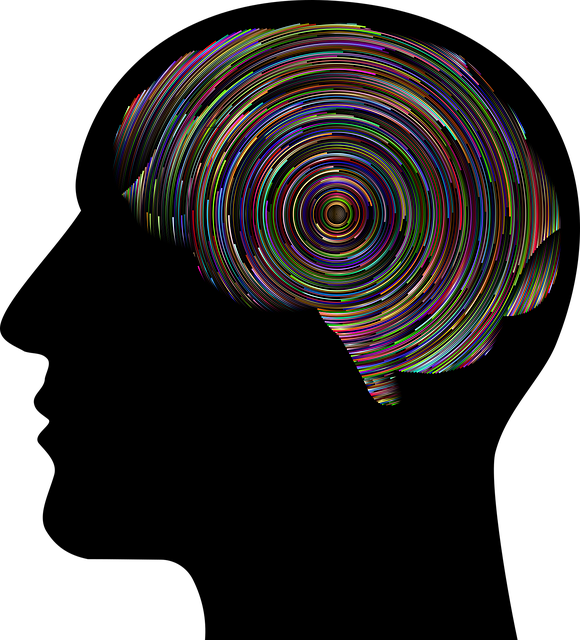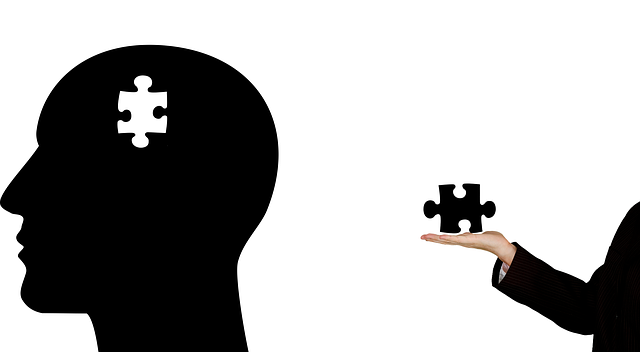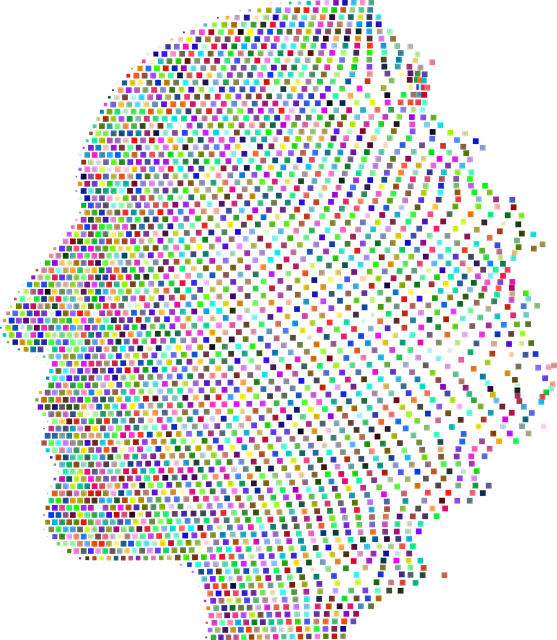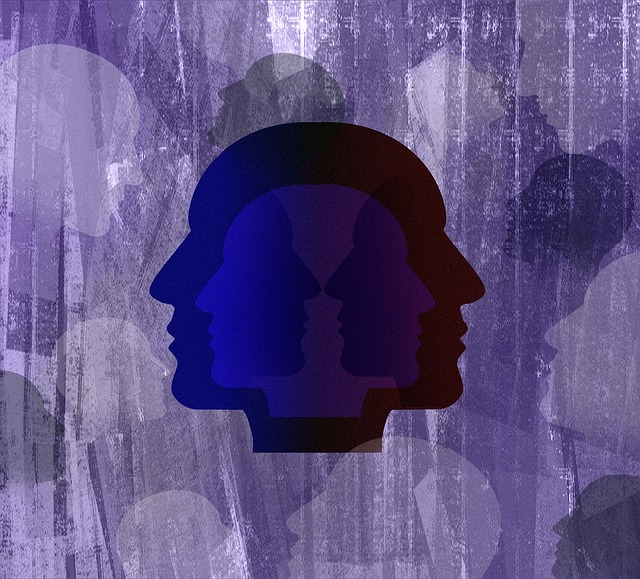Digital platforms, such as Centennial Bipolar Disorder Therapy apps, offer innovative solutions for managing mental health challenges, particularly bipolar disorder. These apps empower users with personalized tools, risk assessment features, and cultural sensitivity, enabling self-understanding, coping strategy development, and access to support systems. By integrating evidence-based practices like self-awareness exercises and emotional intelligence training, these applications enhance self-regulation and promote overall mental wellness. Development involves meticulous research, user experience optimization, privacy/security measures, ethical considerations, and regular updates based on feedback and research.
“In today’s digital age, mental wellness app development has emerged as a powerful tool for addressing growing health challenges. This article explores the potential of digital therapeutic solutions, specifically focusing on bipolar disorder. We delve into the design principles that make apps effective and discuss the development process and ethical considerations essential for creating Centennial Bipolar Disorder Therapy applications. By understanding these aspects, developers can contribute to transforming mental healthcare.”
- Understanding Mental Health Challenges: Bipolar Disorder in Focus
- Designing Effective Digital Therapeutic Solutions
- Development Process and Ethical Considerations for Centennial Apps
Understanding Mental Health Challenges: Bipolar Disorder in Focus

Mental health challenges, such as Bipolar Disorder, underscore the growing need for comprehensive and accessible therapy solutions. Bipolar Disorder, characterized by extreme mood shifts from manic highs to depressive lows, impacts millions globally. Traditional approaches often involve medication and psychotherapy; however, integrating these treatments into a digital platform offers continuous support tailored to individual needs.
Centennial Bipolar Disorder Therapy apps aim to enhance inner strength development through personalized tools and resources. These applications not only facilitate risk assessment for mental health professionals but also foster cultural sensitivity in healthcare practice by incorporating diverse perspectives. By leveraging technology, users can gain insights into their condition, develop coping strategies, and connect with support systems whenever needed.
Designing Effective Digital Therapeutic Solutions

Designing effective digital therapeutic solutions is a multifaceted process that leverages technology to support mental health and well-being. For conditions like Centennial Bipolar Disorder Therapy, apps can provide personalized and accessible interventions tailored to individual needs. Developers must integrate evidence-based practices such as self-awareness exercises and emotional intelligence training to ensure the efficacy of these solutions.
By incorporating features like Mental Wellness Journaling Exercise Guidance, digital therapeutics offer a dynamic space for users to track their moods, reflect on experiences, and practice coping strategies. These tools not only enhance self-regulation but also foster continuous learning and growth in managing complex conditions like bipolar disorder. The ultimate goal is to empower individuals with the skills necessary to navigate emotional challenges effectively while promoting overall mental wellness.
Development Process and Ethical Considerations for Centennial Apps

The development process for mental wellness apps, particularly those focused on conditions like Centennial Bipolar Disorder Therapy, requires a meticulous approach. It starts with extensive research to understand the nuances of the target condition and its impact on users’ lives. This involves collaborating with medical professionals, mental health experts, and individuals living with bipolar disorder to ensure the app’s effectiveness and accuracy. The design phase should prioritize user experience, making it intuitive, accessible, and free from potential triggers. Privacy and security are paramount; sensitive data must be handled with robust encryption to protect user confidentiality.
Ethical considerations play a vital role in Centennial Bipolar Disorder Therapy apps. Developers must ensure transparency about the app’s limitations and not make unrealistic promises of immediate cure or improvement. It is crucial to obtain informed consent from users, especially when collecting personal health data. Additionally, promoting public awareness campaigns through these apps can be a game-changer for Depression Prevention and Stress Management, but content should be evidence-based and approved by healthcare professionals to avoid misinformation. Regular updates based on user feedback and new research findings are essential to keep the app relevant and beneficial in the long term.
The development of mental wellness apps, particularly those focusing on Centennial Bipolar Disorder Therapy, presents a promising avenue to enhance access to digital therapeutic solutions. By combining insights from understanding bipolar disorder with ethical app development practices, we can create effective tools that support individuals in managing their mental health. As technology continues to evolve, it is crucial to prioritize user-centric design and ensure these apps cater to the unique needs of those living with bipolar disorder. Through collaboration between healthcare professionals, developers, and users, we can revolutionize mental wellness care, making it more accessible, engaging, and ultimately, life-changing.














